Among the sources that throw light on the history, evolution and culture of southern India, the accounts of Arab navigators like Al Biruni are numbered as having prime significance. Dr. Syed Muhammed Husayn Nainar, renowned academicion and author, analyzes these accounts and brings to fore the many-faceted lives of people in southern India. The author has to his credit among notable books and monographes on Arabic, Tamil, Hindi and Urdu linguistics, the translation of Tuhfat al-Mujahidin, which Other Books brought out in 2006.
You are previewing: Arab Geographers’ Knowledge of Southern India
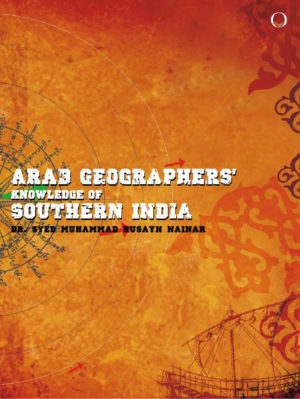
Arab Geographers’ Knowledge of Southern India
| Weight | 0.294 kg |
|---|---|
| Dimensions | 23.8 × 18 cm |
| Published Year | 2011 |
| No of Pages | 183 |
| Binding | Paperback |
| ISBN | 9789380081106 |
| Edition | 1st edition |
| Author |
Dr. Syed Muhammed Husayn Nainar |
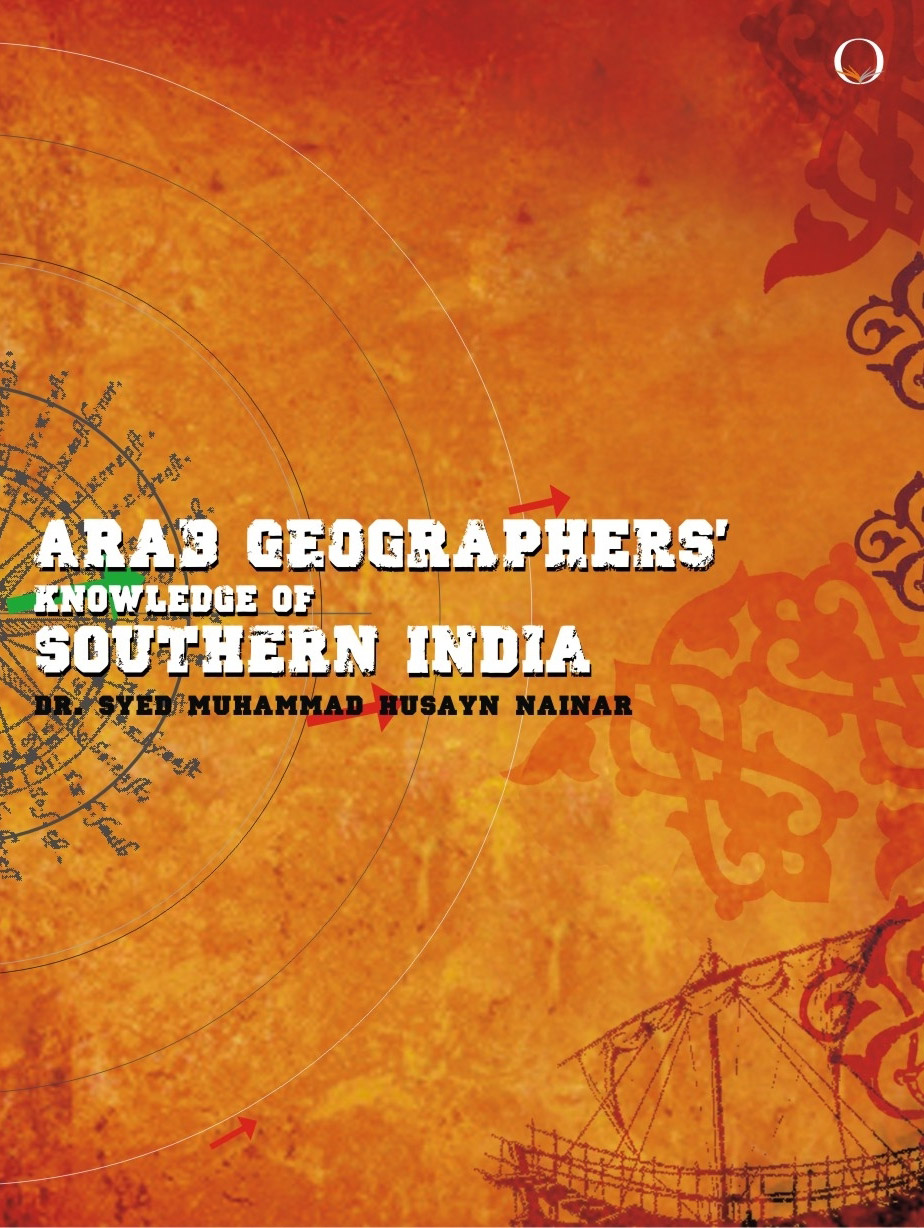
Related Books
Arab Geographers’ Knowledge of Southern India
₹450.00
| Weight | 0.294 kg |
|---|---|
| Dimensions | 23.8 × 18 cm |
| Published Year | 2011 |
| No of Pages | 183 |
| Binding | Paperback |
| ISBN | 9789380081106 |
| Edition | 1st edition |
| Author |
Dr. Syed Muhammed Husayn Nainar |
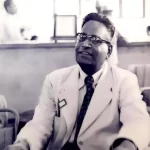
Dr. Syed Muhammed Husayn Nainar
Syed Mohamed Husain Nainar
Scholar, polyglot, researcher, author, professor, publisher, traveller, and academician.
S.M. Husain Nainar was born on May 25, 1899, to N. Syed Bawa Rawther and Shekka Ammal in Palani, Tamil Nadu.
Nainar grew up at a time when Tamil Muslims were resistant to the idea of any kind of non-religious education. Like most young Muslim boys in southern India, he studied Arabic at the madrasa (Islamic school) in Podakkudi, Thiruvarur district, and later at the Madrasa Jamaliya in Perambur, Madras, according to family sources.
However Nainar showed an early aptitude for Western education, and despite his father’s disapproval, began to pursue higher studies in earnest.
He attended Victoria Memorial High School in Bodinayakanur, and pursued a two-year intermediate course at the American Mission College, Madurai. He joined Government Mohammedan College at Madras for a bachelor’s programme in English and Islamic history. Subsequently, he simultaneously completed his Bachelor of Laws (LLB) and Master’s degrees in Arabic and Islamic history from Aligarh Muslim University, in 1927.
Nainar’s professional path began as a professor at Madras University. He worked there as the head of the department of Arabic, Persian, and Urdu at University of Madras in the years 1927–1954.
In 1936, he was assigned by the Madras University to apply for a Ph.D programme in Islamic history at the School of Oriental Studies, University of London, where he would eventually produce his doctoral thesis Arab Geographers’ Knowledge of Southern India.
This became a seminal piece of research and a prescribed text-book for students of Islamic history in many Indian universities. Nainar was guided in his research by noteworthy British professors and scholars of Islamic Studies, E. Denison Ross, Sir Hamilton A.R. Gibb, and A.S. Tritton. He was based in Britain from 1936 to 1938.
It was a pleasurable moment for Other Books to re-publish Arab Geographers’ Knowledge of Southern India in 2011.
After devoting over three decades of service to the University of Madras, Nainar retired in 1954, and directed his attention to studying the historic links between India and Indonesia, as as a researcher on behalf of the Indian Council for Cultural Relations. Thus began his stint in Indonesia and other southeast Asian countries, from 1954-1960.
Later on he was assigned as a professor at the Government Institute of Islamic Studies in Jakarta, Indonesia, in the years 1957-1960. After returning to India, he became a professor at the Department of Arabic, Urdu, and Persian at Sri Venkateswara University at Tirupati in 1961.
Nainar was well-versed in twelve languages. He wrote in English and Tamil, was proficient in Arabic, Urdu, Persian, and Malayalam and could read French and Dutch. During his years in Indonesia as a researcher and professor, he learned Malayan and Bahasa Indonesia. He also studied Hebrew and Aramaic under the guidance of A.S. Tritton.
Nainar’s research interest mainly focused on reflecting South Indian culture and Muslim studies, based on documentation existing in archives of erstwhile royal kingdoms and libraries. He edited five volumes of Sources of the History of the Nawabs of Carnatic, from three Persian texts, translated the 15th century Malayalam work Tuhfat al-Mujahideen into English and also penned monographs on a wide range of topics.
In Tamil, he wrote Seethakkathi Vallal, and edited Seerapuranam, a verse biography of Prophet Muhammad (Peace Be Upon Him). As honorary managing director of the Nuri Printing Press founded in 1947, Nainar also published the Tamil daily Swathanthira Naadu for two years.
S.M. Husain Nainar died on September 24, 1963, while still in service, due to liver failure. Retired Arabic professor and translator S.M. Munawwar Nainar (88) is his sole surviving son, and inheritor of his father’s papers.
Related Books
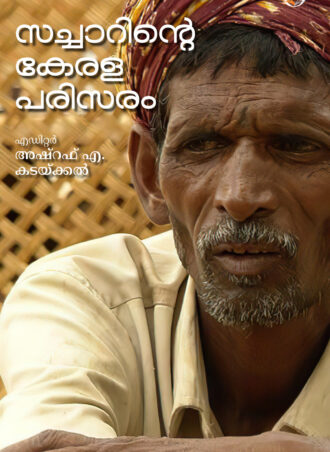

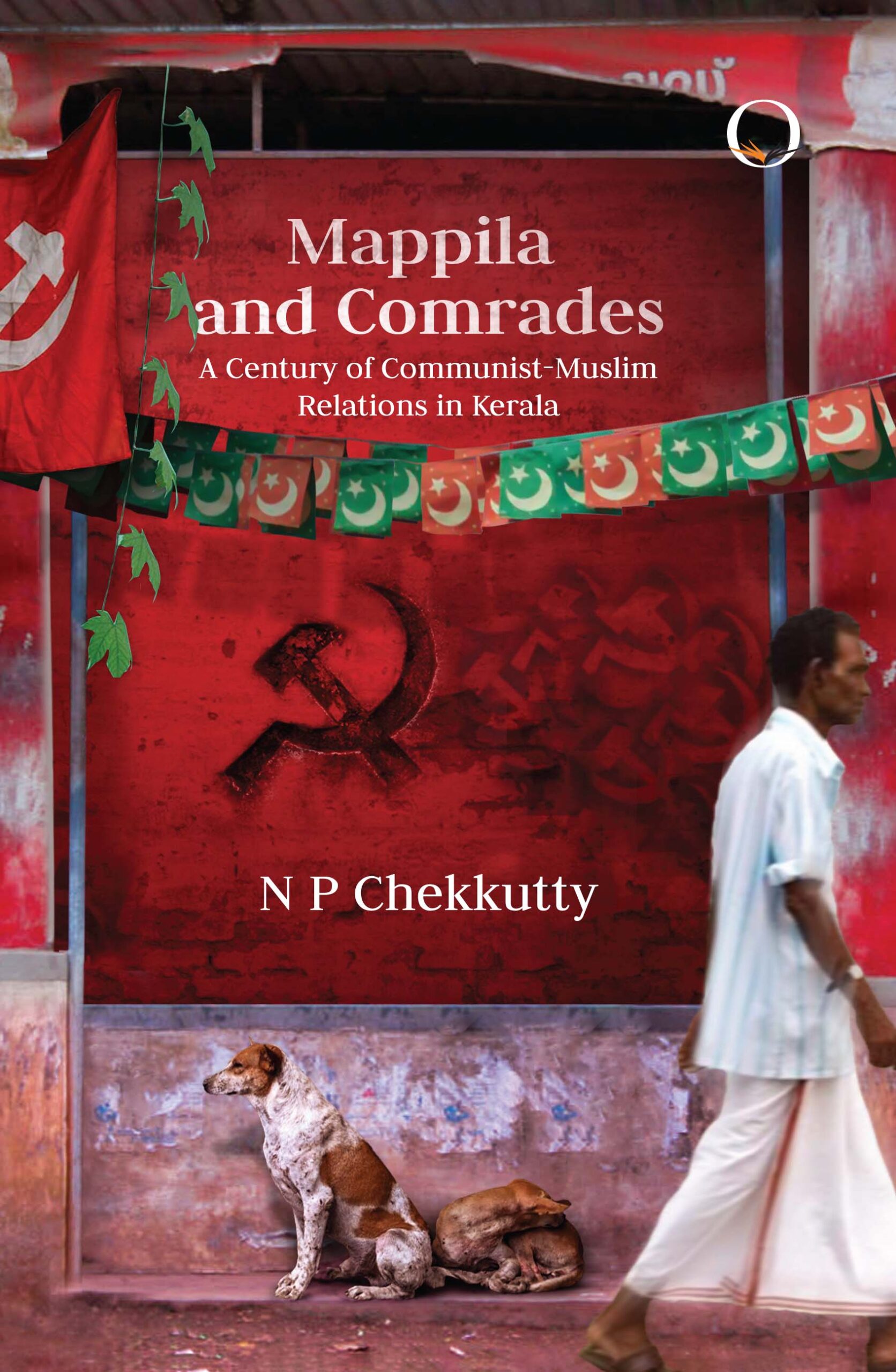
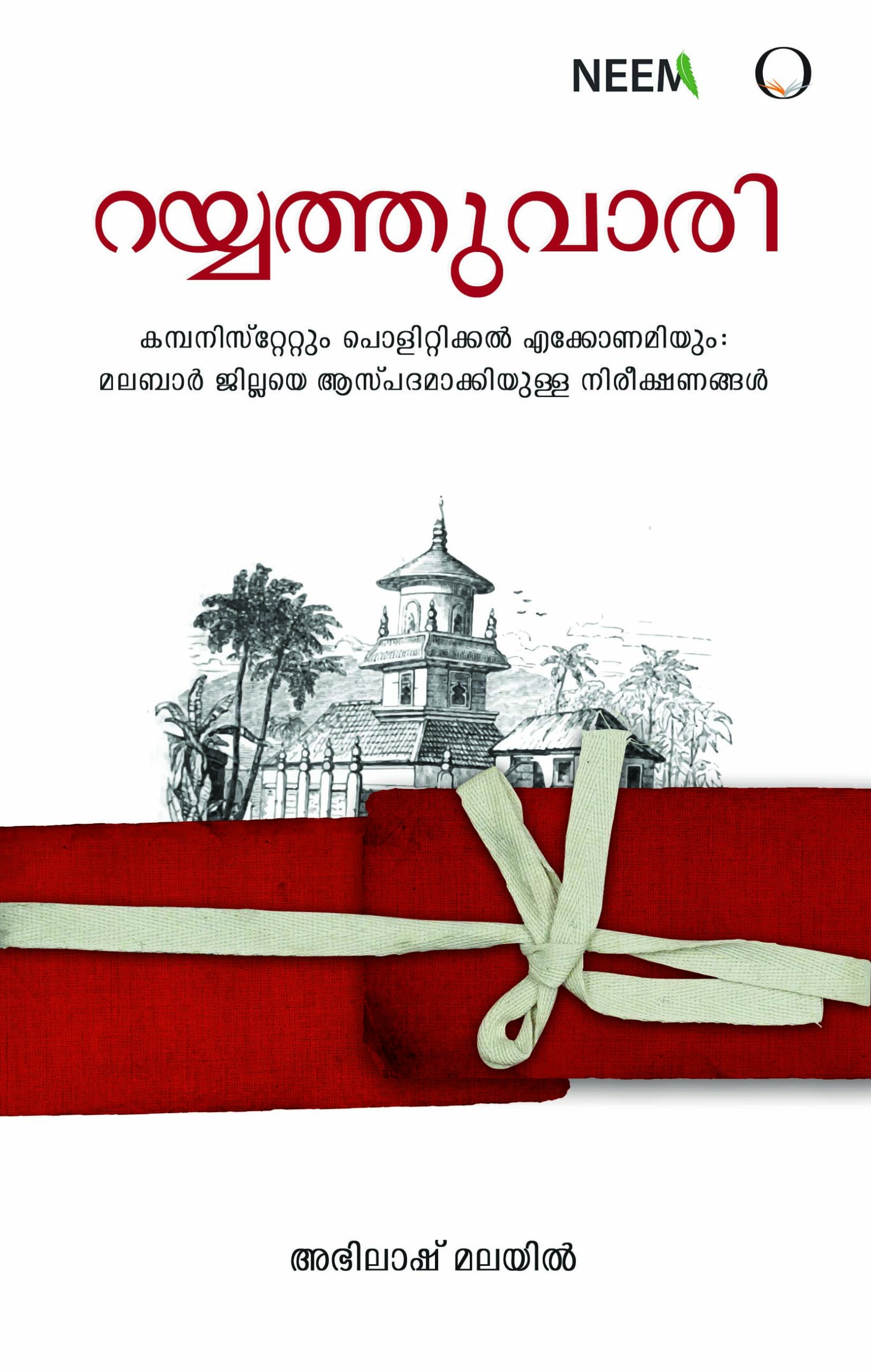
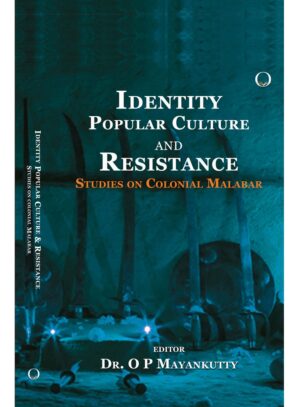
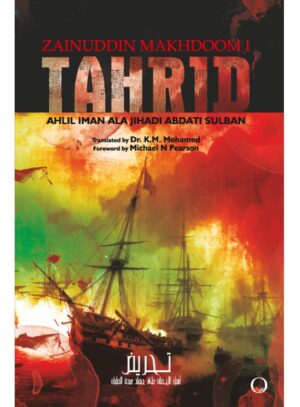
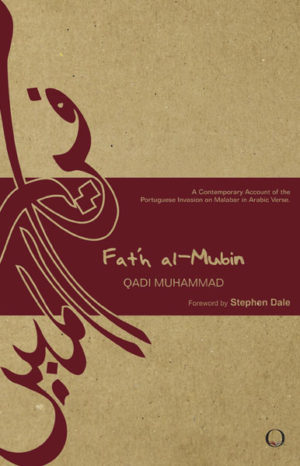

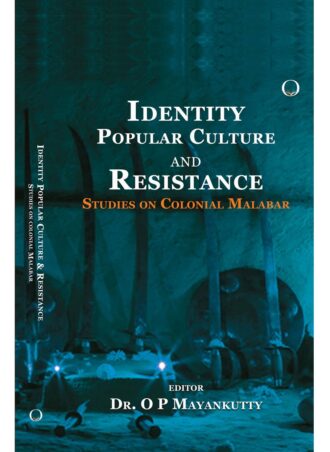
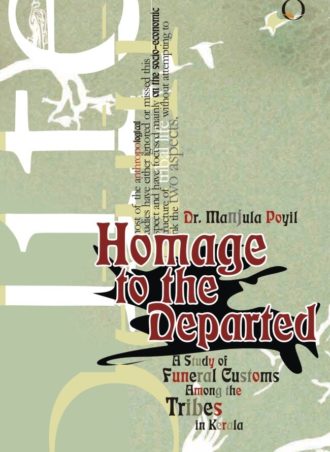
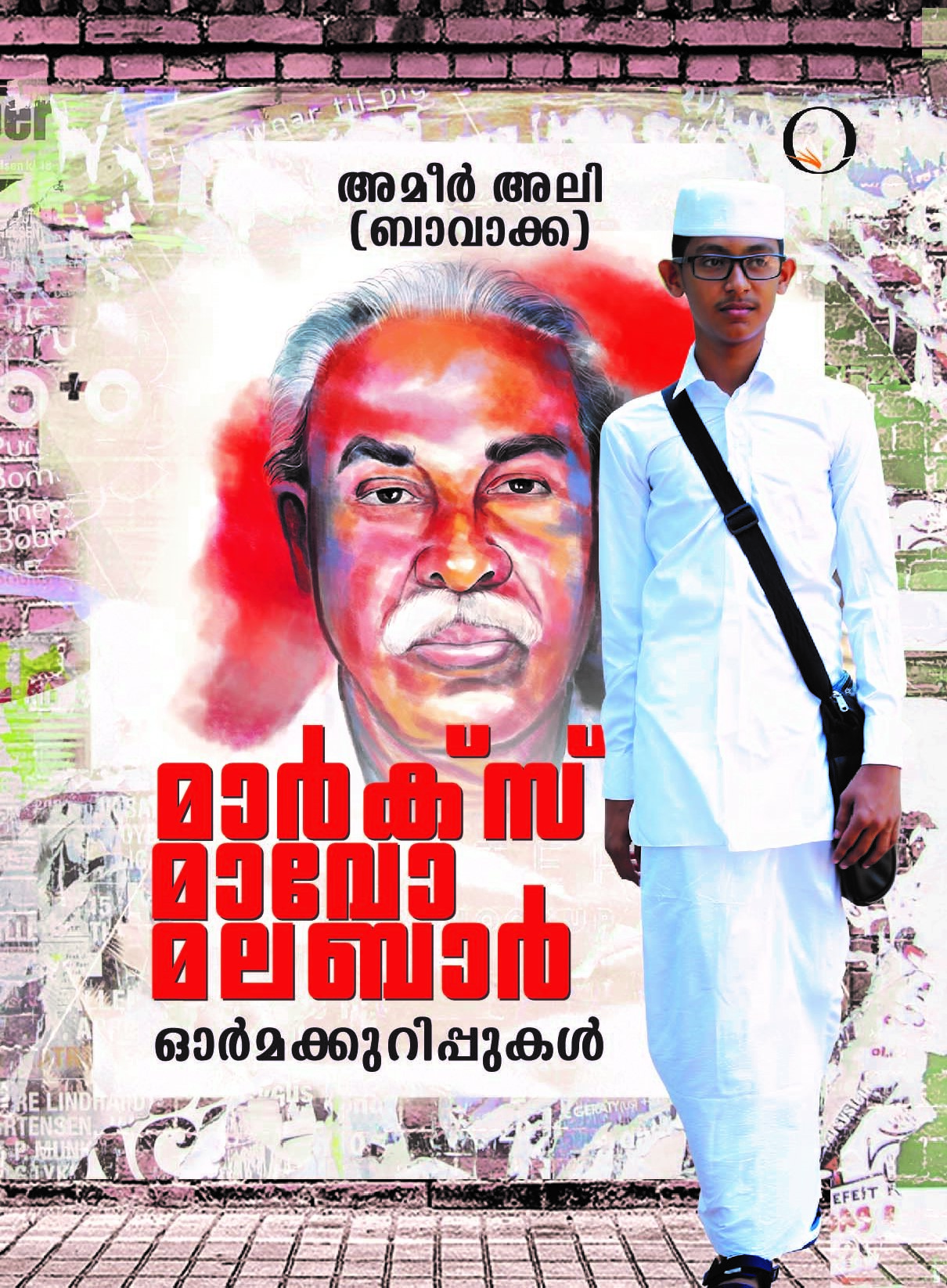
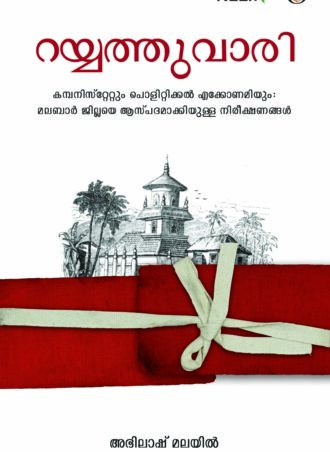
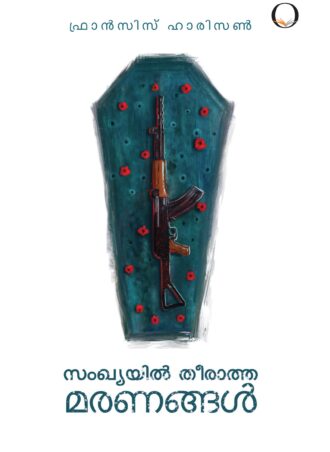
Reviews
There are no reviews yet.